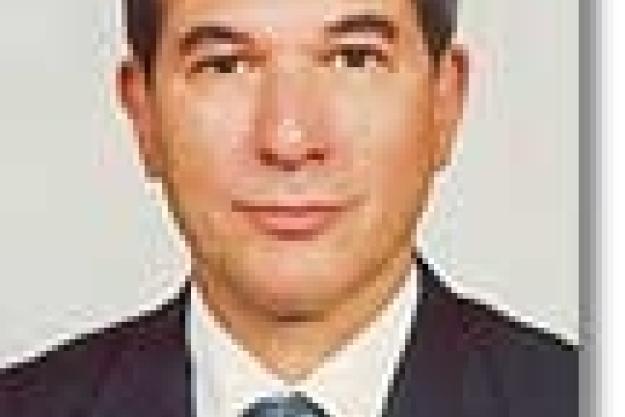
H.E. Ambassador Ahmet Üzümcü, Permanent Representative of Turkey to the United Nations Office in Geneva
Ambassador Üzümcü is a career diplomat with extensive multilateral experience in political-military affairs and in disarmament and proliferation issues.
The 14th Session of the Conference of the States Parties to the Chemical Weapons Convention today appointed H.E Mr Ahmet Üzümcü of Turkey as the next Director-General of the Organisation for the Prohibition of Chemical Weapons (OPCW), the implementing body of the Convention. The Conference made its decision on the basis of a consensus recommendation by the OPCW Executive Council in October.
Ambassador Üzümcü will assume the office on 25 July 2010 with a mandate extending until 2014. He will succeed Ambassador Rogelio Pfirter of Argentina following the completion of his second term as Director-General, the maximum allowed under the Convention.
“It is an honour and privilege for me to be appointed as the next Director-General of this great organisation,” Ambassador Üzümcü said. “I wish to express my appreciation to Ambassador Rogelio Pfirter and the whole Technical Secretariat for the essential role they have played in the OPCW’s achievements.” He also emphasized the political will, commitment and determination displayed by the States Parties as well as their engagement and active participation in the organisation’s work. He further stated that he was pleased to inherit such a legacy and that he shall do his utmost to maintain the effectiveness of the OPCW and to ensure steady progress in reaching the goals of the Chemical Weapons Convention.
Director-General Pfirter warmly welcomed the appointment of Ambassador Üzümcü and assured the Conference of his best disposition in contributing to ensure a smooth transition.
“Today’s appointment of Ambassador Ahmet Üzümcü of Turkey by a unanimous decision of the Conference recognises his outstanding merit and sterling qualities, both personal and professional, and also signifies the OPCW’s unique multilateral spirit of cooperation,” Director-General Pfirter said. “Whilst I will continue to discharge my responsibilities to the full until the very end of my mandate, I will be all too happy to work with Ambassador Üzümcü over the coming months to facilitate his coming on board at cruising speed.”
Ambassador Üzümcü is a career diplomat with extensive multilateral experience in political-military affairs and in disarmament and proliferation issues. Currently Turkey’s Permanent Representative to the United Nations Office at Geneva, he has previously served as Deputy Undersecretary of State for Bilateral Political Affairs, as the Permanent Representative of Turkey to the NATO Council in Brussels, and as Ambassador of Turkey to Israel, among other appointments. Ambassador Üzümcü also served in an international capacity as a staff member of NATO’s Political Directorate from 1989 to 1994, when he contributed to the work of the North Atlantic Cooperation Council and NATO’s Partnership for Peace Initiative in the aftermath of the Cold War and travelled throughout Eastern Europe.
Since its entry into force in April 1997 the Chemical Weapons Convention has become the fastest growing disarmament treaty in history with 188 States Parties representing over 98% of the world’s population and chemical industry. In this time nearly 55% of all chemical weapons declared by seven possessor States have been verifiably destroyed, with the remaining stockpiles due for destruction by an April 2012 deadline set by the Convention.
To fulfil the Convention’s non-proliferation provisions, the OPCW has to date inspected more than 1,100 industrial facilities in 81 States Parties which produce chemicals and precursors that could be used to make chemical weapons. The Organisation has also made significant contributions to strengthening the capacity of States Parties in assistance and protection against the possible use of chemical weapons, and to promoting the peaceful uses of chemistry.
PRESS RELEASE 10/2009
